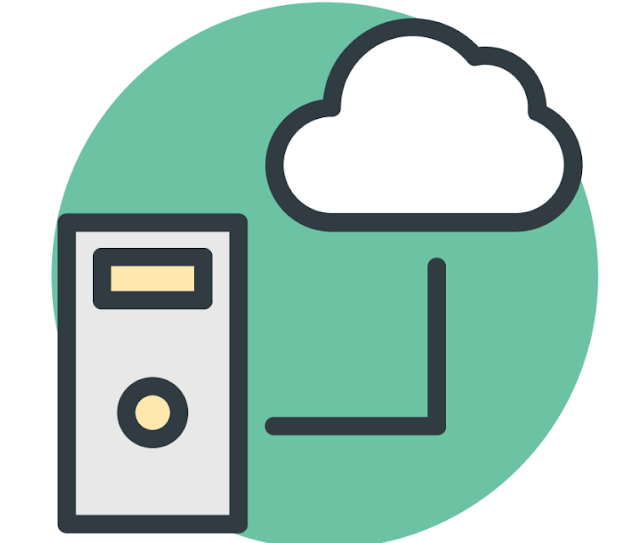What Is Content Delivery Network (CDN) And Why You Need One?
CDN or a content delivery network is an arrangement of servers that are distributed, conveying web pages and other Web substance to a client based on the geographic areas of the client, the content delivery server and the origin of the web page.
In a CDN, content exists as numerous copies on strategically distributed servers. CDN which is large can have a great number of servers around the world, making it workable for the supplier to send the same content to numerous requesting customer processing devices proficiently and reliably, even when there are sudden spikes in demand or the data transfer capacity is constrained. CDNs are particularly appropriate for conveying streaming audio, video, and (IPTV) Internet television programming, in spite of the fact that the ISP, Internet service provider, may likewise utilize one to convey static or element Web pages.
Benefits of CDN:
This service is viable in speeding the content delivery of sites with high movement and sites that have worldwide scope. The nearer the CDN server is to the client geologically, the speedier the content will be conveyed to the client. Being a system of strategically situated servers around the world, the fundamental objectives of CDN are about rate, high accessibility, and versatility.
Today, a large part of the internet is served by CDNs, including:
- Web objects; content, representation and scripts
- Downloadable articles; media records, programming, reports,
- Applications; e-trade, entries
- Live streaming media
- Social networks
On-demand streaming media Performance:
Content is stored all over the world. The short distance to the clients won't just diminish latency but will additionally minimize pocket loss. CDN management programming powerfully computes which server is situated closest to the requesting customer and conveys content based on those computations. This removes the distance the content travels, as well as lessens the amount of hops an information packet must make. The outcome is less packet loss, advanced data transmission and quicker performance which minimizes time-outs, jitter, and latency while enhancing the general client experience. In the case of an Internet assault or glitch at an intersection of the Internet, a content that is facilitated on a CDN server will stay accessible to a few clients.
Scalability and lower network load:
The offloading movement to a CDN will make it less demanding to oversee activity spikes and scale up or down in a brief timeframe. The performance will be higher if the network load is lower. Network loads are commonly higher amid peak times because of the large number of guests on a server consuming assets and in this way diminishing performance for all others. Diverting guests to edge servers implies adjusting network load. Less network disturbance implies better client experience and higher conversion rate.
Reliability:
The requests are constantly directed to the closest accessible area. In the event that one server is not accessible, requests are consequently sent to the next accessible server. Content which is viewed through a CDN will probably be more reliable as to administrators conveying HD quality recordings while keeping up a high quality of the service. The objective of a CDN is to make everything speedier by using acceleration technology which further expands the execution and reliability of all the content inside that framework, bringing about better consumer loyalty.
Lower Costs:
A network of content delivery requires a less self-managed foundation and makes it less demanding to diminish costs. Utilizing CDN will diminish the expense by an incredible margin when one is utilizing VPS hosting or any constrained transfer bandwidth hosting. CDN's are less expensive than Web hosting and since the documents will be served from CDN servers, one needs not to stress over the data transfer capacity expense of the Web hosting.
SEO improvement:
For Page ranking, page key is a major element. Most web indexes consider the page loading time in their formulas. It's been a long time since Google made it clear that page load time is one of major search engine ranking element and by utilizing a service of Content Delivery Network, one will accelerate the website by an incredible degree. Additionally, it will lessen the bounce rate and for any Website, quicker the content/page loads, the better it is.
Conclusion:
The reason for a CDN is to enhance client encounter and give it a more effective network asset usage. Content suppliers, for example, media organizations and e-business sellers pay CDN administrators to convey their substance to their gathering of people, that is, end-clients. Thusly, a CDN pays ISPs, carriers, and system administrators for hosting servers in their server centers.
There are numerous free and paid services like Cloudflare, Amazon CloudFront and soon Google' own Public CDN service can be expected. Utilizing a Content delivery network service will most likely support the site load time and server reaction, no matter how huge or small the site is.
Shoker Shkoda marketing manager of JoDiHost
Shoker Shkoda marketing manager of JoDiHost










No comments: